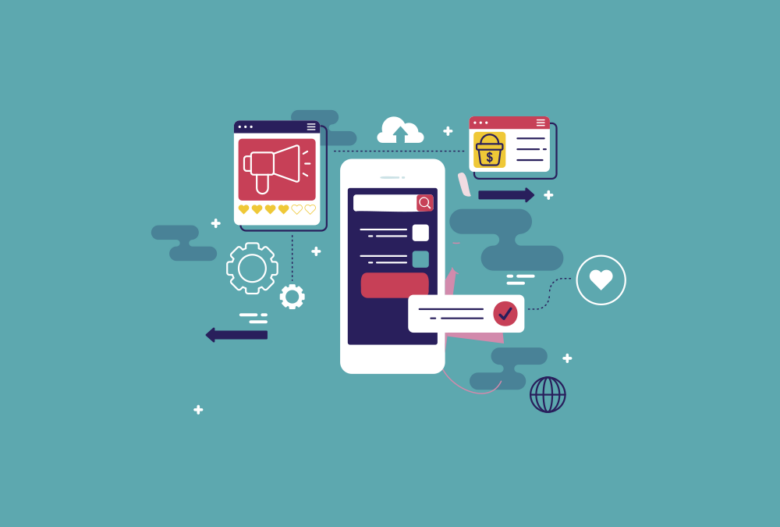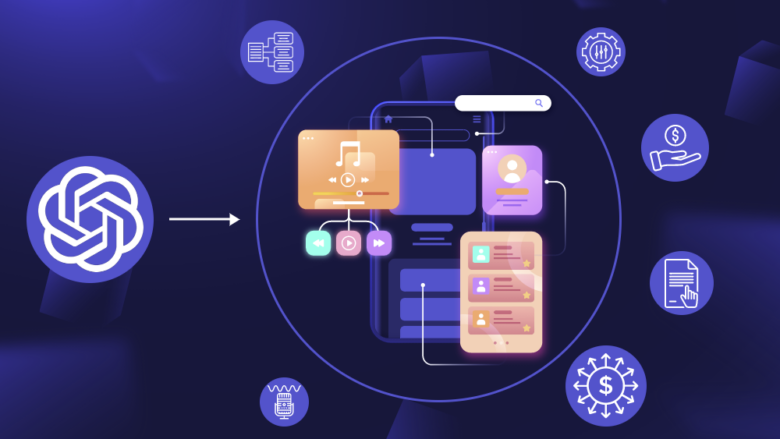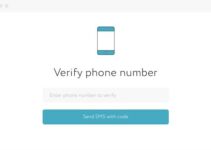If you’re coming to the end of the app development process, you’ll no doubt be excited to finally launch your app and reveal it to the world. All your hard work will finally pay off and you’ll be able to sit back and watch the money roll in and your app become the next big global hit.
Or will you? Unfortunately, your work isn’t over once your app hits the app store. The development process is ongoing and extends well past your app’s launch date, you’ll have to remain vigilant to ensure your app is performing as best it can. Check out this guide to plan a successful app launch.
Stand Out From the Crowd

Source: techgropse.com
Long gone are the days when we just had a handful of apps to choose from. Now, there are millions of apps out there for a huge variety of different purposes. There are photo and video editing apps, social media apps, dating apps, banking apps, and countless more.
Apps have become truly indispensable. Once thought of as nothing more than light entertainment, even a little gimmicky, apps are now a huge part of our lives and are integral to the way we work and socialise.
Developers are well aware of this, and apps are released at an increasingly rapid rate as companies look to meet the needs of the modern digital consumer.
What this means is that standing out in such a saturated market can be tough. No matter how long and hard you’ve worked on your app, if you don’t plan your launch correctly you could see it lost in the noise.
One of the best ways to give your app a head start is to enlist the services of a company like apptimizer.net.
App stores sort the millions of apps on their platforms into charts and lists. These lists make it easier for users to browse through the apps on offer and can be used to categorize apps for greater accessibility.
The position of apps in these charts has an enormous impact on their future performance. Apps near the top will see a huge deal more traffic, which in turn will lead to more downloads. However, apps need downloads and reviews to make it into the top spots, which can make things incredibly difficult for new apps on the market.
With a firm in this field, you can get the initial downloads and reviews required to establish your app in the charts. This is invaluable during these crucial early stages and will offer your app a head start over the competition that can give you a solid foundation upon which to scale and grow.
Make Sure Your App Works

Source: leewayhertz.com
Whether your app is for something fun like editing photos or something serious like managing finances, one of the most important things developers must do is guarantee that the app works at all times.
Performance issues are a leading cause of users installing apps, with freezes, crashes, and slow response times among the most cited factors.
Testing is something that should be taking place during development long before you have even thought of launching your app. However, that certainly doesn’t mean that testing can stop once your app is publicly available. In fact, testing becomes even more important once your app is out there in the hands of users.
There are various different approaches to app testing, and each needs to be carried out thoroughly and at different stages of the development process.
First, you need to check app performance. Test your app’s speed, no users want to use a slow and sluggish app. You’ll also need to check how your app affects device memory and battery life. If it is consuming too much power and memory, this could indicate that there are resource management issues.
Once your app launches, the increased traffic can cause all sorts of new issues. You need to be ready and prepared to rectify these problems as and when they occur to minimize disruption for users. Spike testing can be carried out beforehand to see how your app performs under increasing levels of traffic.
Marketing is Key

Source: shopify.com
Marketing and advertising are key when it comes to successfully launching your app. Get on social media and spread the word about your new product before it hits the app stores.
Use all of the social media platforms at your disposal, including Facebook, Instagram, TikTok, and Twitter. Each of these offers different creative content opportunities, so ensure you are making the most of the tools on offer to maximise results.
Diversify the kind of content you put out there. Use images, videos, text, and even audio clips. Your content needs to be informative first and foremost. It needs to educate people about your app and explain why it is better than alternatives. However, your content also needs to be entertaining and engaging, this will draw audiences in and ensure they remember your brand.
Perhaps the biggest advantage you can see from social media marketing is the opportunities you have to connect with and engage with users.
Focus on engagement and interaction and strive to build a community around your app. Modern consumers want to feel connected to brands, so this will prove extremely beneficial later on and will boost user retention rates.
This can be done by encouraging likes, comments, and shares on your posts, answering customer queries, or even starting a dedicated social media group and getting directly involved with the community.
This will do wonders for your brand image and will make your app appear more relatable and attractive. Social media can also be used as a barometer to measure user opinion. If there are issues with your app’s performance, you are more than likely going to see these mentioned on social media, giving you the chance to immediately address and rectify the problem.
Conclusion
Launching your app correctly is vital if you want it to succeed. If you don’t plan your launch properly, you are never going to see a return on your investment. Use the advice in this guide to plan and implement the perfect app launch.




